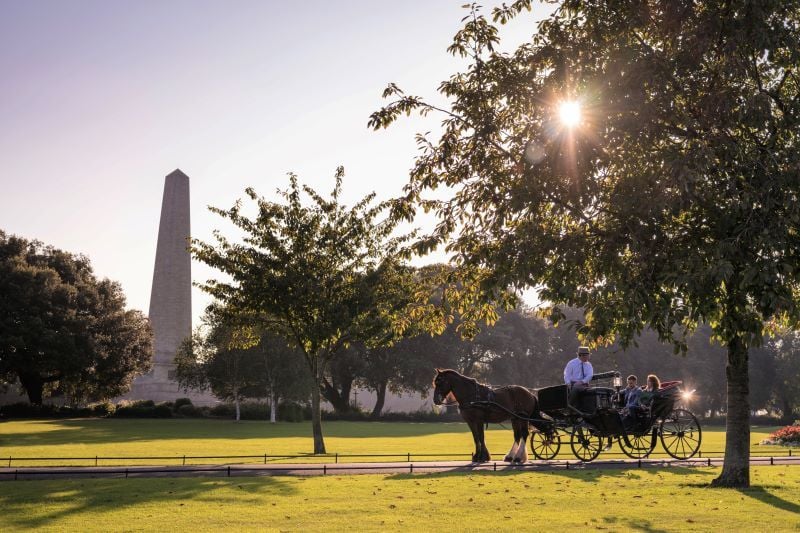Irish Prime Minister Enda Kenny will hold a referendum on same sex marriage next year – but this time he won’t recommend what way his party members should vote.
The Irish edition of the Sunday Times reports that Kenny will sanction the referendum despite the turmoil the current abortion debate has caused within his party.
The paper says Kenny is prepared to hold a referendum on same-sex marriage in 2014 without recommending a Yes vote, in order to avoid any more defections from Fine Gael deputies.
Junior Minister Lucinda Creighton lost the party whip when she voted against the abortion legislation.
The report says Kenny’s Coalition government has agreed to ask the attorney-general if it possible to hold a referendum on same-sex marriage without the government having to take a formal position.
The vote would be one of a number taken in a series of referendums on a Constitution Day and presented to the public as having been recommended by the constitutional convention instead of the government.
A senior Fine Gael source told the Sunday Times: “Enda knows he has lost a lot of political capital with the parliamentary party by forcing them to support the abortion legislation.
“There would be very little tolerance among a lot of Fine Gael TDs if they were forced to support any more divisive social issues. We lost five people over abortion and there’s a sombre, angry mood in the party. If we had to support gay marriage, it would push a lot of people over the edge.”
Labor Party leader Eamon Gilmore, Kenny’s deputy Prime Minister, is in favour of a referendum on same-sex marriage in 2014.
He said: “It is the civil rights issue of this generation.” Kenny has refused to publicly state his position on the issue.
A senior Labor figure told the Sunday Times that removing the obligation of government support could be enough to convince Fine Gael to put the question to the people.
The Labor Party source said: “There are some murmurs from Fine Gael that civil partnership is enough for now, especially after abortion, but this is a key commitment for us.”
Trinity College lecturer Gerry Whyte, a constitutional expert, believes there should be no legal impediment to the plan and cited the anti-abortion amendment in 1983, which was put to the people even though Garret FitzGerald’s government was opposed to it.
He said: “It would seem to follow, therefore, that the government may remain neutral on, or even opposed to, any proposal put to the people to amend the constitution.”
Fine Gael is the only leading party not to endorse gay marriage and allowed its 12 members a free vote on the subject at the constitutional convention.




Comments